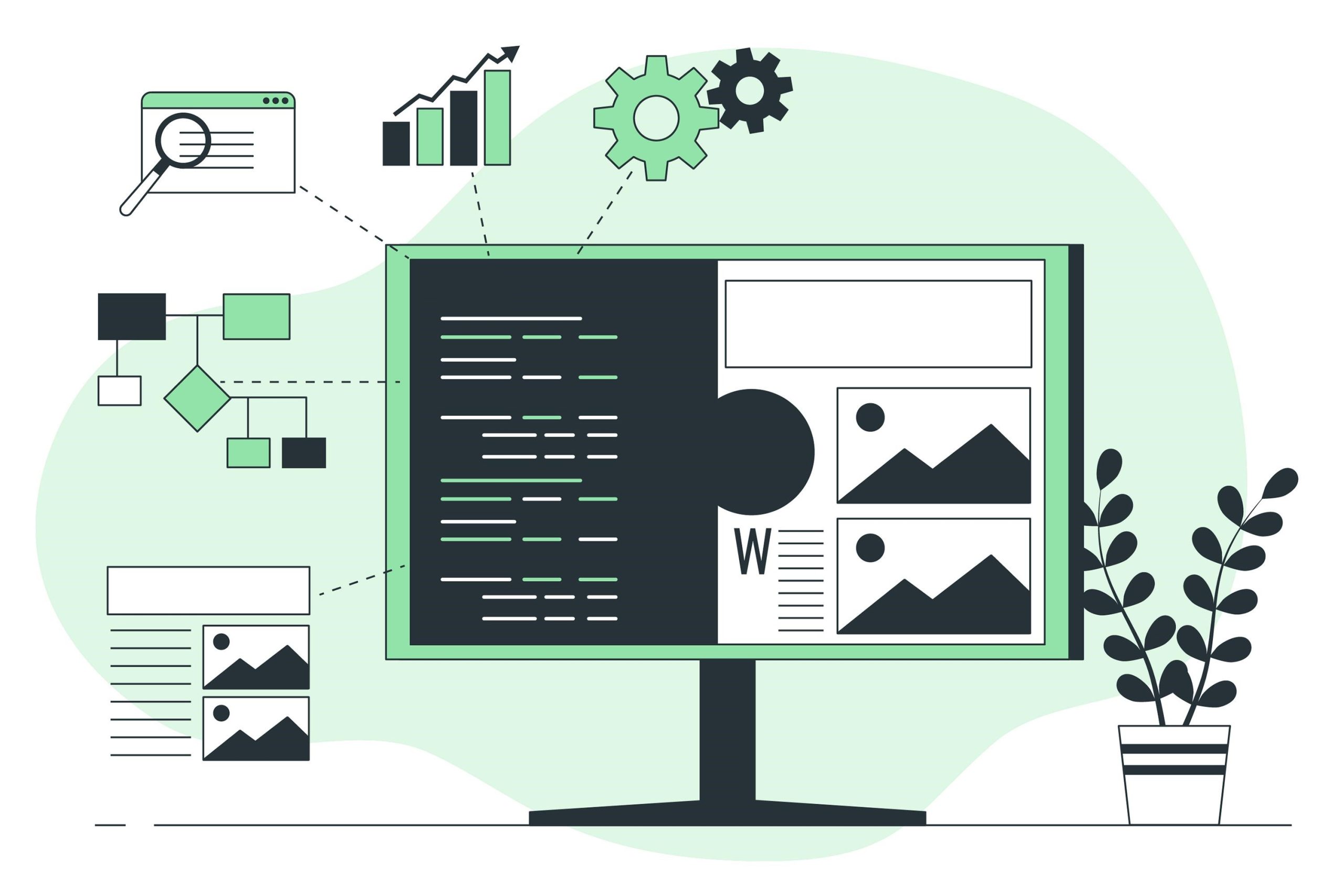Multi-Techno Integrated Solution

Table of Contents
ToggleUnlocking Great Earning Growth Opportunities with ERP Integrated Solution
In today’s fast-paced business landscape, organizations constantly seek ways to enhance operational efficiency, streamline processes, and ultimately boost profitability. One such solution that has gained significant traction is Enterprise Resource Planning (ERP) systems. ERP solutions offer many benefits by integrating various core business functions into a single platform, including improved productivity, better decision-making, and cost savings. This comprehensive guide will explore the myriad opportunities for achieving remarkable earning growth through implementing an ERP-integrated solution.
Understanding ERP Integration
ERP integration creates a single, integrated system out of previously separate business operations like finance, HR, supply chain management, and customer relationship management. By synchronizing data and workflows across departments, organizations can eliminate data silos, improve collaboration, and gain real-time visibility into their operations.
Optimizing Financial Management
Efficient financial management is paramount for driving sustainable growth. With an ERP-integrated solution, businesses can streamline accounting processes, automate repetitive tasks, and generate accurate financial reports in a fraction of the time compared to manual methods. This allows finance teams to focus on strategic initiatives such as budget planning, forecasting, investment analysis, and maximizing profitability.
Empowering Human Resources
A robust ERP system can revolutionize HR operations by centralizing employee data, automating payroll processing, and facilitating talent management activities. By leveraging advanced analytics capabilities, organizations can gain valuable insights into workforce trends, performance metrics, and skill gaps, enabling them to make data-driven decisions to nurture talent and optimize staffing levels.
Enhancing Supply Chain Efficiency
In today’s globalized marketplace, supply chain agility is essential for maintaining a competitive edge. ERP integration enables seamless coordination between suppliers, manufacturers, distributors, and retailers, resulting in improved demand forecasting, inventory optimization, and order fulfillment. Businesses can enhance customer satisfaction while minimizing costs by reducing lead times and minimizing stockouts.
Elevating Customer Experience
Delivering exceptional customer experiences is imperative for fostering loyalty and driving revenue growth. With an ERP-integrated solution, organizations can gain a 360-degree view of customer interactions, preferences, and purchase history across multiple touchpoints. This enables personalized marketing campaigns, targeted promotions, and timely customer support, leading to increased sales and brand advocacy.
Maximizing ROI with ERP Integration
While the initial investment in an ERP system may seem daunting, the long-term benefits outweigh the costs. ERP integration lays the foundation for sustainable growth and profitability by streamlining operations, enhancing visibility, and empowering decision-makers. Organizations that embrace digital transformation and harness the full potential of ERP solutions are poised to capitalize on new market opportunities, outpace competitors, and achieve remarkable earning growth.
FAQs (Frequently Asked Questions)
How can ERP integration benefit small businesses?
ERP integration offers small businesses scalability, efficiency, and competitive advantage by automating processes, improving data accuracy, and enabling better decision-making.
What aspects of choosing an ERP system should firms take into account?
Companies should evaluate factors such as scalability, customization options, integration capabilities, vendor support, and total cost of ownership when choosing an ERP system.
Is cloud-based ERP preferable to on-premises solutions?
Scalability, affordability, and cost-effectiveness are the features that make cloud-based ERP a desirable choice for companies looking for flexibility and agility.
What is the duration required to install an ERP system?
The implementation timeline for an ERP system varies depending on factors such as the complexity of business processes, data migration requirements, and organizational readiness. It might last anywhere from a few months to more than a year on average.
What role does change management play in ERP implementation?
Change management ensures successful ERP implementation by addressing resistance to change, fostering user adoption, and aligning organizational culture with new processes and technologies.
How can businesses measure the ROI of ERP integration?
Companies can calculate the ROI of ERP integration by tracking key performance indicators such as cost savings, revenue growth, productivity improvements, and customer satisfaction levels.
Conclusion of Opportunities with ERP Integrated Solution
In conclusion, adopting an ERP-integrated solution presents unparalleled opportunities for businesses to achieve great earning growth. By harnessing the power of ERP to optimize financial management, empower human resources, enhance supply chain efficiency, and elevate customer experience, organizations can unlock new levels of efficiency, productivity, and profitability. As technology evolves, embracing ERP integration will be essential for staying ahead in today’s dynamic business landscape.
Read Related Article: Impacts of ERP Software on Manufacturing
About Us
ERP software and systems are designed and implemented by Multi-Techno, a registered company. By combining data from financials, sales, CRM, inventories, and operations, businesses can increase productivity, make better decisions, and increase profitability with the aid of our ERP System, a single, integrated software platform.
Quick Links
Contact Us
Office # 100, 101 Second Floor Kohinoor 1, Faisalabad, Pakistan
